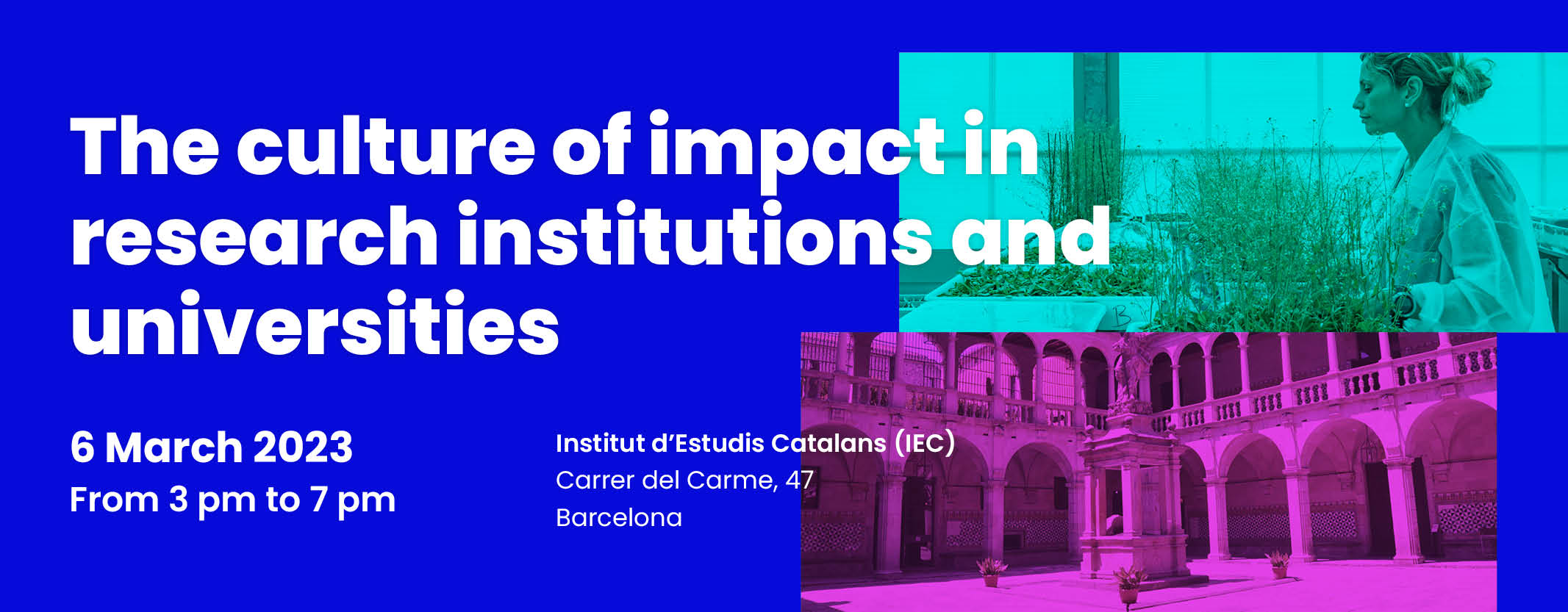
Societies across the world are facing various challenges, such as environmental sustainability, aging populations, and digital transformation, which require solutions for the present and future. Research is seen as a crucial part of the solution and a key enabler of necessary transformations. It is no longer expected to be run solely as a “good,” but rather as a “common good” or “service” that contributes beyond the body of knowledge and demonstrates impact.
Governments, research funding agencies, and research organizations worldwide seek to maximize the value of research and its impact on society, the economy, culture, environment, and the planet. This shift in thinking inevitably requires a cultural change within research institutions and universities. The most common tool used to assess the impact of research is the “impact narrative.”
In Catalonia, the Science Law 9/2022 states that public policies must embrace advancing knowledge that arises from contemporary societal problems and facilitate improvements. Research funders and assessment agencies increasingly demand that researchers and institutions demonstrate the impact of their research.
The conference on “The culture of impact in research institutions and universities,” co-organized by CERCA, AQuAS, and ACUP, aims to disseminate international experiences and lessons learned and inspire stakeholders in the Catalan research ecosystem to build an impact culture in the country.
Programme
6 March 2023
From 3 pm to 7 pm
Institut d’Estudis Catalans (IEC)
Carrer del Carme, 47
08001 Barcelona
3.00 pm
Opening and welcome
Mª Teresa Cabré, president of the IEC
Paula Adam, director of Research at the AQuAS
Daniel Crespo, president ACUP and rector of the UPC
Lluís Rovira, director of the CERCA Institute
3.20 pm
Presentation of international experiences, part I
Global perspectives on research impact
David Phipps, York University, Toronto, Canada
REF2021: the UK experience of assessing non-academic impact
Jane Millar, University of Bath, UK – Research Excellence Framework (REF)
Coffee break
4.35 pm
Presentations of international experiences, part II
The European Commission funds her own impact, not your research
Stefan de Jong, Erasmus University Rotterdam, The Netherlands
Research Impact Assessment: the experience of Norway
Jon Holm, Research Council of Norway
Research Impact Assessment: the experience of Sweden
Gustav Hansson, Research Council of Sweden
Discussion / Q&A
6.00 pm
Round table: Research impact experiences in Catalonia
Moderator : Julie Bayley, Lincoln Impact Literacy Institute (LILI)
Anabel Sànchez, Centre for Ecological Research and Forestry Applications (CREAF)
Rosina Malagrida, Institute for AIDS Research (IrsiCaixa)
Xavier Ariño, Universitat Autònoma de Barcelona (UAB)
Jordi Bosch, Universitat de Barcelona – Associació Catalana d’Universitats Públiques
Discussion / Q&A
6.50 pm – Closing
Montserrat Llavayol, Deputy Director General of Research and Innovation in Health. Ministry of Health.
Hble. Sr. Joaquim Nadal i Farreras, Minister for Research and Universities.
Speakers
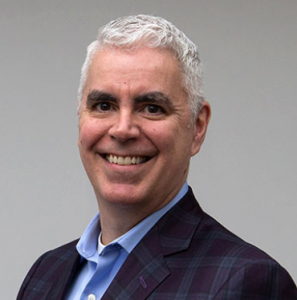
York University, Toronto, Canada
David Phipps, Ph.D. is the administrative lead for all research programs and their impacts on local and global communities at York University (Toronto, Canada).
He has received honours and awards from the Canadian Association of Research Administrators, Institute for Knowledge Mobilization, International Network of Research Management Societies and the EU based Knowledge Economy Network. He received the Queen Elizabeth II Diamond Jubilee Medal for his work in knowledge mobilization and was named the most influential knowledge mobilizer in Canada.
He sits on knowledge mobilization committees around the world and is Network Director for Research Impact Canada.
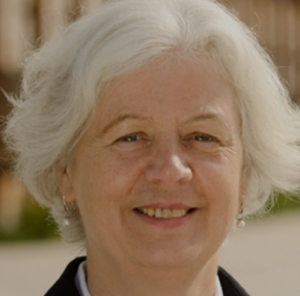
University of Bath, UK
Jane Millar is Professor Emeritus of Social Policy in the Institute for Policy Research at the University of Bath. Her research interests include the design, implementation and impact of social policy and comparative research on family policy, social security and employment policy, with particular reference to gender and changing family patterns.
Her current research examines the impact of Universal Credit on couples, focusing on labour market and family budgeting. She was awarded an OBE in June 2001 for ‘services to social policy research and teaching’. She is is a Fellow of the British Academy and was chair of the Social Sciences Main Panel C for the Research Excellence Framework, 2021.

Erasmus University Rotterdam, The Netherlands
Stefan de Jong an assistant professor at the Department of Public Administration and Sociology of Erasmus University Rotterdam and a research fellow of the Center for Research on Evaluation, Science and Technology of Stellenbosch University. Next to this, he is the founder of Engaging Scientists.

The Research Council of Norway
Dr. Jon Holm is responsible for the coordination of national research evaluations at the Research Council of Norway.
He holds a PhD in literature and had been working as a research administrator and manager since 2005. His current research interests are in research evaluation methodologies.
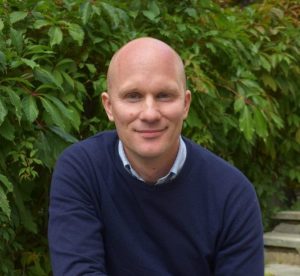
The Swedish Research Council
Senior Analyst with a PhD in Economics and a demonstrated history of working with analysis and evaluation within: Research policy, Innovation policy, Enterprise policy, and Regional Growth policy.
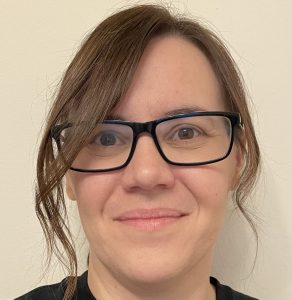
Lincoln Impact Literacy Institute (LILI)
Director of Research Impact Development, University of Lincoln. Chartered Health Psychologist, impact specialist, behaviour change intervention developer, BSc, MSc, PhD

Centre for Ecological Research and Forestry Applications (CREAF)
BSc in Biology, MSc Sustainable Water Management and PhD in Environment and Society. Coordinator of citizen science and participatory projects promoting scientific knowledge to be taken up in management and policy making processes. Since 2021, Impact Officer at CREAF, facilitating the deployment of the first impact strategy of the centre.
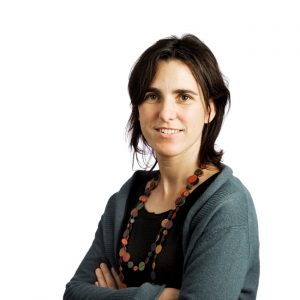
Living Lab for Health at IrsiCaixa AIDS Research Institute
Responsible of the Living Lab. Responsible Research and Innovation (R&I), Community Based Participatory R&I, Transdisciplinary R&I, Transition Innovation, and Health Promotion specialist within Impact Networks.
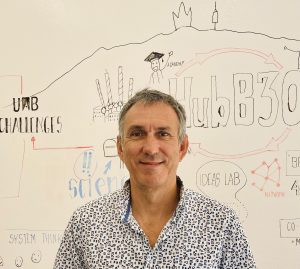
Universitat Autònoma de Barcelona (UAB)
Head of Institutional Projects at the Rector’s Office, in recent years his activity is focused on the interaction university-society, responsible R&I (RRI) and establishing a challenge-based approach in the UAB.
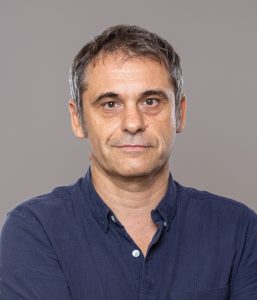
Universitat de Barcelona - Associació Catalana d'Universitats Públiques
Vice-manager of Strategic Projects of the University of Barcelona, UB. Director of the bTEC Campus Diagonal-Besòs UPC Foundation, 2012-2022.
Organized by:
